Pandemic - Online Learning Gone Viral
When I first heard that our spring break was being extended due to the Covid-19 Coronavirus pandemic, I suspected school would likely be out longer. With the potential of online learning for the upcoming weeks, possibly the remainder of the school year, and as an educator and parent with a personality preference for Judging (scheduled, structured, and planned), I sprang to action.
My initial plan was to have my two school-aged high school kids join me at the kitchen table from 10-12 pm and 2-4 pm, Monday through Friday. This would be structured online learning time and I would be available to assist as needed, since, I too, would be working from home. As much as I loved my plan, it did not even last through the first morning. What works for one child may not work for another. My daughter loved the plan, my son did not.
Online learning is not for everyone. How do we help our children who struggle under this type of learning platform? Children who prefer Extraversion learn best through interaction with others. They like to work ideas out by talking them through and they thrive in environments which are social. When under extreme stress, they often turn inward with a risk of becoming depressed. It is vital during this time of isolation to provide opportunities for connecting and socializing.
For example, I have a daughter who prefers Extraversion who struggled those first few days with her online courses. She likes the classroom environment and interaction between the teacher, students, and friends, of course. To help her, I suggested online video lessons so that she can see and hear the lesson, rather than only read about it.
Another helpful solution, I have found, is letting her explain the lesson to me. Even if I do not understand the material (she is taking five AP classes!), just giving her the opportunity to talk it out makes a difference. Being in the same room with her is also beneficial. Knowing someone is nearby supports her need for connection.
I also encourage her to do schoolwork in segments. In other words, study for an hour or two, then take a break and call or Facetime a friend, study some more, then watch a favorite show, or go for a walk with a family member. If she can break up her day between homework and social time, or doing something she enjoys, she is a happier kid. A group of her friends even logged into Zoom and watched a movie together the other night. This interaction is necessary for her well-being. Check in with your children who prefer Extraversion often, social isolation can lead to anxiety and depression.
On the other hand, my son, who prefers Introversion, thrives in a virtual environment. For him, the ability to focus with no interruptions enables him to complete classwork efficiently. He learns best through reading and writing, especially when given time to reflect. Interacting with me and his sister at the kitchen table everyday felt more like torture to him. Lasting barely 20 minutes, he kindly requested to work alone in his room.
For children who prefer Introversion, having space away from other family members and a quiet environment is conducive to better learning. Rather than work in segments, my son prefers to get everything done at once. My recommendation for multiple breaks just annoyed him.
Under extreme stress, children who prefer Introversion can often lash out and become overly emotional or critical. Even though social distancing falls into their comfort zone, having family members in their space all the time can lead to frustration and potential outbursts. Provide private space, but balance is important, too. With the fear and worry around this pandemic, it is crucial to check in with introverted types, as over-isolation can lead to over-reflection, and potential anxiety and depression.
This is a trying time for us all. Our children have been thrown into a new way of learning. They are isolated from their friends and all their special events, sporting games, graduations, and proms are cancelled, not to mention the uncertainty of our health and economic well-being.
These are uncharted waters for most of us so understanding and supporting our differences is invaluable. Many parents are now working from home, and honoring your preference for private time (Introversion) or connection (Extraversion) within your work environment is essential to your well-being, too. Respect each other's various styles of learning and working at home. Take care of each other and stay healthy!



_thumb.png)














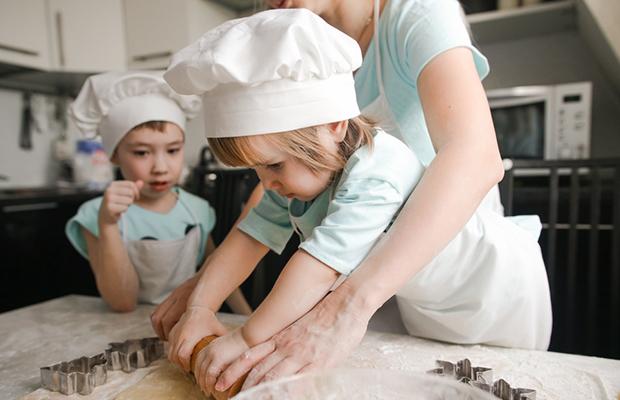

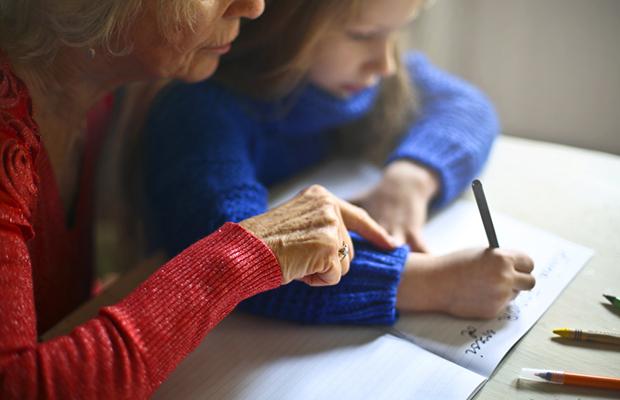
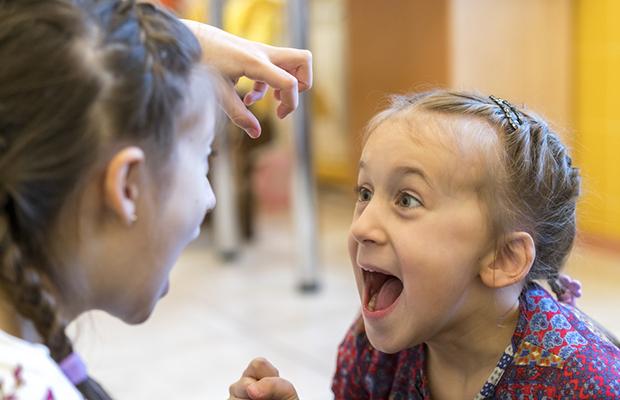







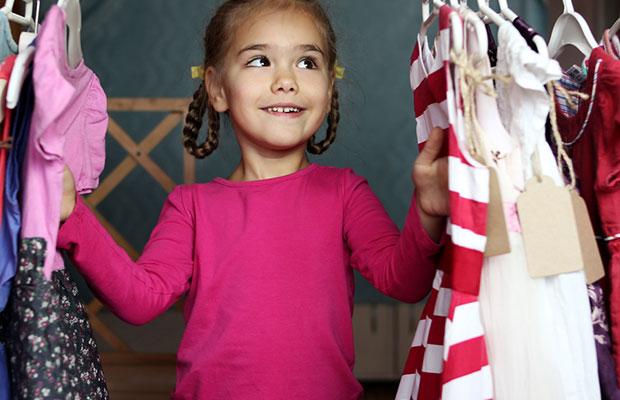

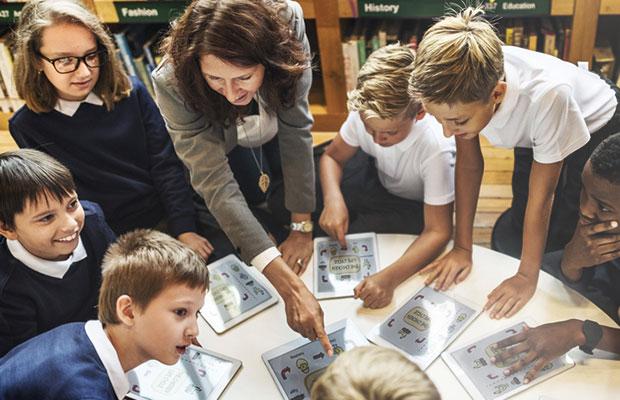
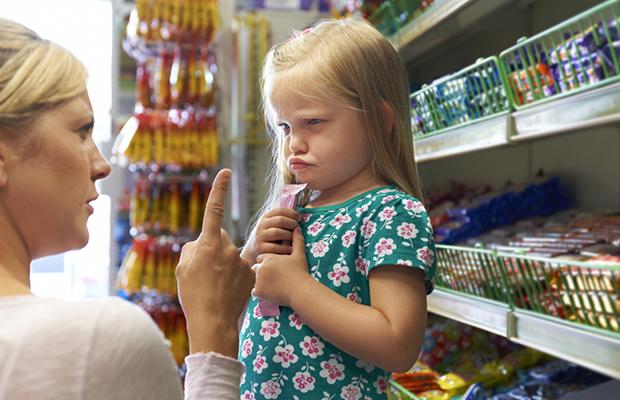


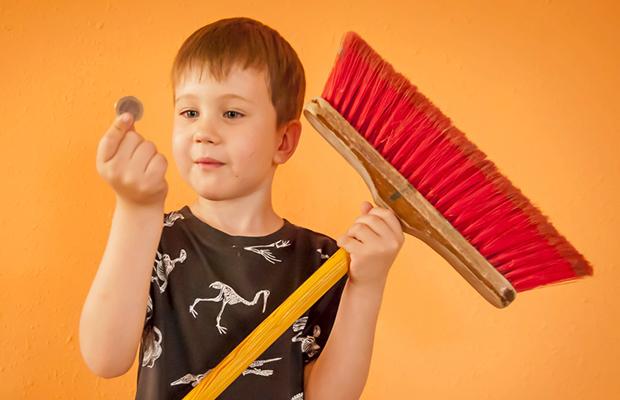
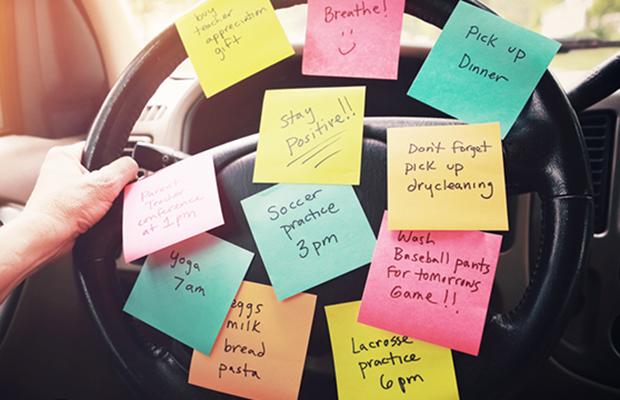
















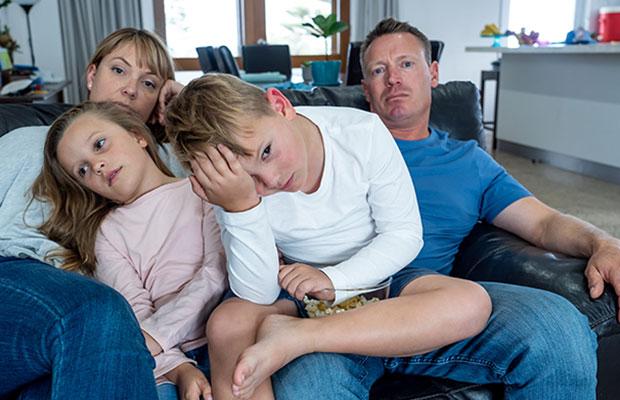

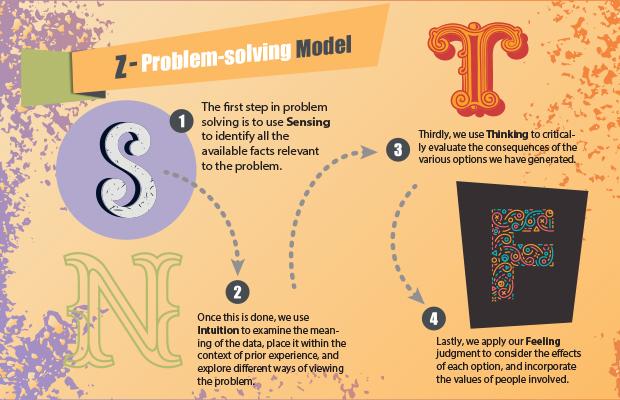

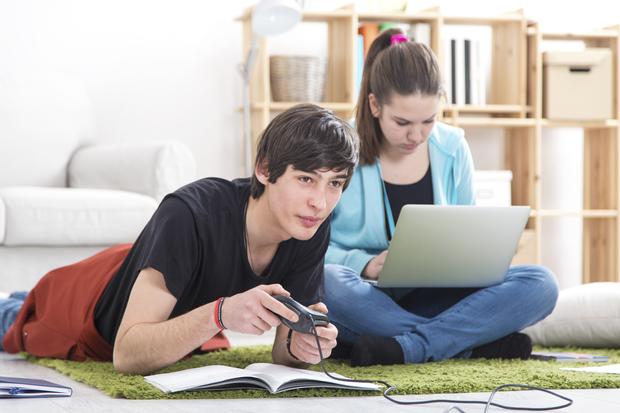












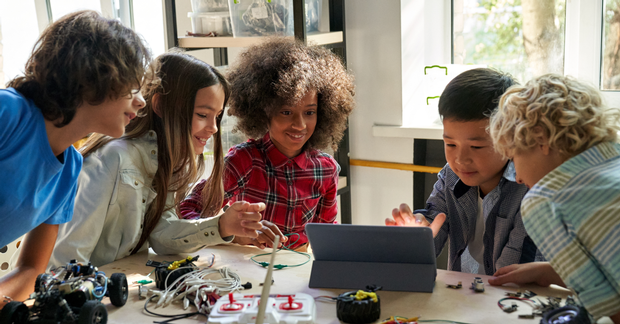
.png)
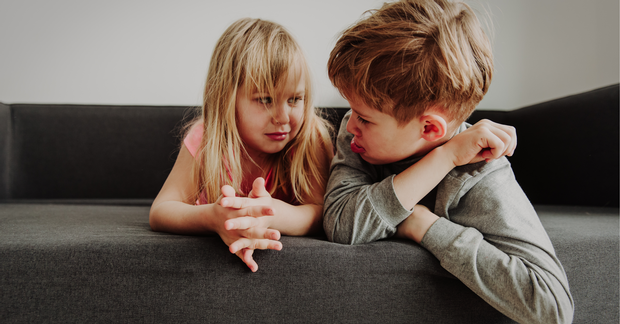
_thumb.png)



x.png)

.png)
.png)
